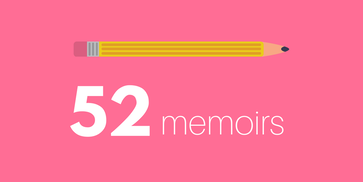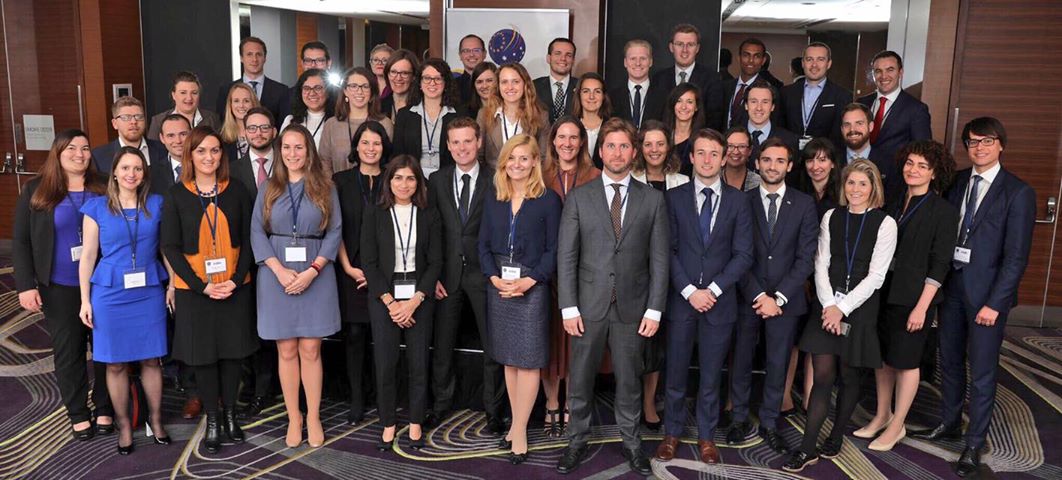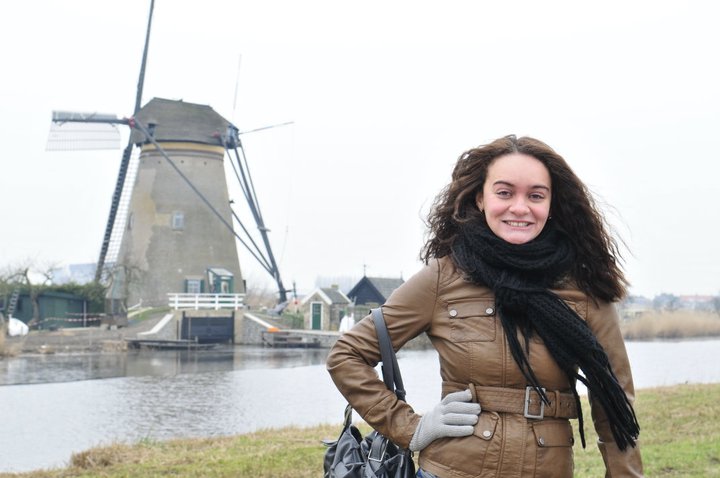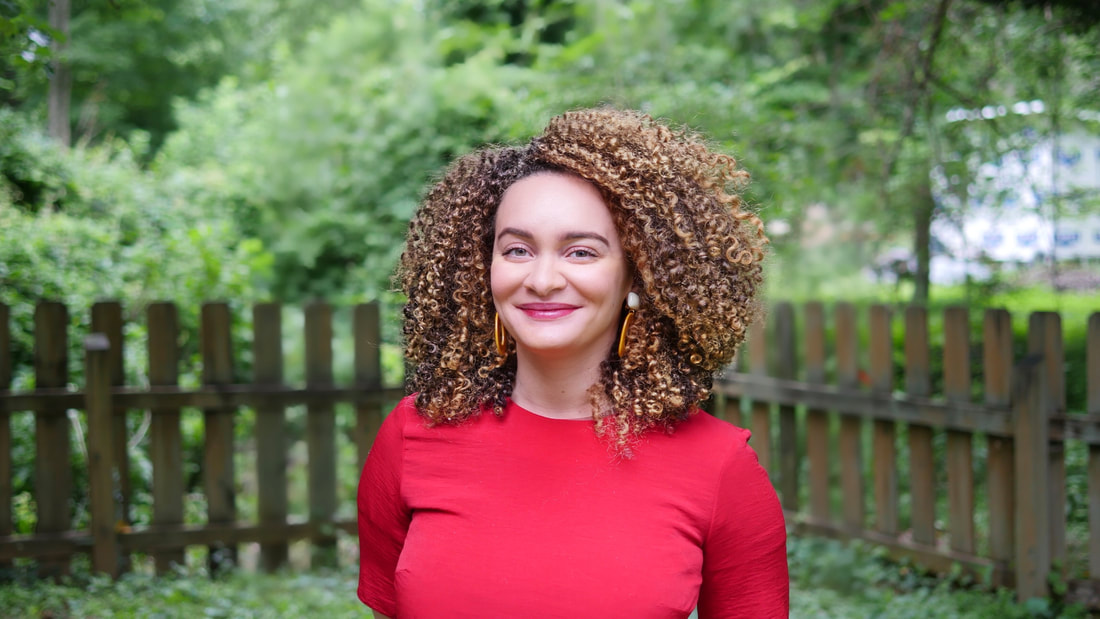|
I have spent the last week in Sydney for the EU-Australia Leadership Forum. I was fortunate enough to have been selected for the Emerging Leaders cohort, along with 24 other Australian and 25 European delegates. It was an intense and rewarding programme. We had stimulating conversations about international trade, security, technology, innovation and education, among many other areas of discussion. After spending our Saturday developing policy recommendations, we were able to present these to the Senior Leaders gathered from across Europe and Australia from diverse sectors including government, media, business and healthcare. We covered everything from fake news to cyber attacks, medical research to social cohesion, and Brexit to space exploration. One of the recommendations coming from the education team, mostly comprised of Europeans, was for Australia’s education curriculums (each state/territory has their own system) to reincorporate mandatory language learning. They highlighted the significance of both European and Asian languages for Australia, which I whole heartedly agree with. As many of our European partners understand: foreign languages are critical to more meaningfully understanding other cultures. When you only know English, you are bound to receiving an Anglo-centric view of the world. Australian news outlets are heavily slanted to British and American perspectives, for the simple reason that the vast majority of our journalists can’t directly access foreign sources. The diverse perspectives reported in foreign media outlets, often never translated, are largely out of our reach. After this recommendation was presented to the Senior Leaders, one older Australian man grabbed the microphone to respond. I’m not sure who he was or where he was from, but his statement was pretty shocking to most in the room. He basically said that everyone in the world is ‘desperate’ to learn English, some pay thousands to come to Australia to study it, and when we (Australians) travel everyone wants to speak English to us, so language learning is defunct. He surmised that everyone should accept that ‘reality’ and move on. I think my jaw literally dropped at that moment. There was horror in the eyes of Europeans around the room, and of Australians who didn’t want this to be the impression given of our country. But I also understand that it’s a ‘reality’ in the minds of many Australians and other Anglophones, who genuinely believe that English is the only language needed in the modern, globalised world. I ended up speaking to a number of people about this over the rest of the day, including a European Member of Parliament who also happens to be a linguist. I tried my best to articulate what I feel explains the Australian perspective. For many Australians who natively speak English, speaking a foreign language seems like an impossible task only mastered by geniuses and those who somehow have a gift. To many Europeans, Africans and Asians (plus most non-native English speakers actually) that probably seems ridiculous. But it’s how many of us feel. We will often look on in admiration and wonderment when we see people speaking two, three, or four languages, because it feels so far out of our own reach. I felt this way too, before I first learned a foreign language to a halfway decent level. It happened entirely by accident too. While I lived in Malawi when I was eighteen, I shared a house with another Australian girl and three Dutch men who often spoke to each other in Dutch rather than swapping to English, though they could speak it. This (impolite and unsolicited) immersion was a blessing in disguise, because in my rage to break through the exclusion barrier I somehow ended up understanding most of the language, then I studied it properly for a while later and spent a few months in the Netherlands. After a six month period I could understand most conversations and reply. For me that was phenomenal because it was something I thought was impossible for me. But something clicked in my brain and then I got it. It isn’t impossible at all, but to learn a language quickly and effectively, immersion and regular usage is crucial. Many Australians rarely have, or use, the opportunity to immerse themselves when learning a new language. Retrospectively, I have no animosity for these Dutch people forcing me into their language bubble because without that experience, I wouldn’t have had the confidence to keep pushing on — I still would likely assume foreign languages are impossible to acquire. It wasn’t that I hadn’t experienced, or studied, other languages though. In lower school I’d studied Bahasa Indonesia/Malay (which strangely I largely retained, and use when travelling to the region), in high school I’d studied Japanese (and can still read and write hiragana, katakana and many kanji), and sought my own tutoring in Arabic. I later studied French, Spanish, German, Russian and Mandarin — but only sporadically and not to a high level. Even now I’m usually too afraid of making mistakes to properly try, which is a serious error on my end and I realise that now. When I was in Ukraine last month, I was able to converse somewhat in Russian only once I’d had a few drinks and realised how grateful people were that I even bothered or showed an interest. It allowed me to have warm and productive conversations with people, and may be part of why I enjoyed my visit to the country so much.
This is now my takeaway. Our abilities don’t have to be perfect. If we don’t try, we’ll never get anywhere. So I’ve stopped making excuses for myself. How long will my French, which I prioritise because I use it when working in Africa, sit at upper intermediate without crossing the threshold to proper advanced proficiency? Well, no more making excuses. I’ve now set my phone and computer to French, forcing all of my settings, options, apps and even Google into French. I don’t know a word? Tough, I’m going to have to figure it out. I’ve set up all of my news notifications to come via Le Monde and I’ll be listening to a French daily news podcast. French fluency is squarely within my reach, but what about the effort I’d previously put into everything else? Well, I’m going to try something out for a few months: a rotating daily schedule where I spend at least 30 minutes practising each other language. Mondays: Arabic. Tuesdays: Japanese. Wednesdays: Mandarin. Thursdays: Dutch. Fridays: German. Saturdays: Spanish. Sundays: Malay. I’m not going to become fluent in any of these languages using this soft-touch method, and I don’t expect to be. But it will help to preserve my pre-existing ability and will give me a greater level of empathy and cultural understanding, allow me to show people respect when I travel, and give me solid foundations for future learning. To any other native English speakers who think it’s ridiculous to even try to learn so many foreign languages (or even one), I challenge you to step out of your comfort zone and see what happens! This is the seventh in a series of 52 Memoirs I will be posting weekly until April 2018. Look out for new posts every Wednesday! |
AuthorMy name is Keeya-Lee Ayre, but I go by just Keeya if the context is casual. I'm American-born, Australian-raised, and living in Atlanta after a 2 year stint in London. I work in the humanitarian innovation / tech / social impact space. You can follow me on twitter here! Archives
February 2018
Categories |





 RSS Feed
RSS Feed